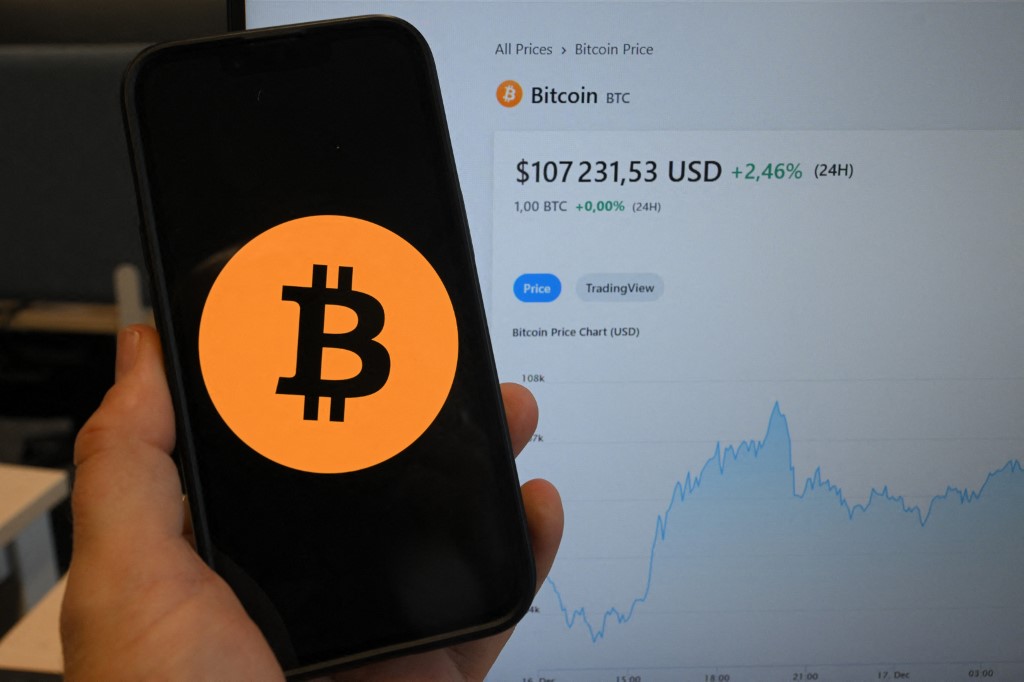Wallets Explained: Hot vs. Cold Storage for Your Crypto
-
 Jason Lake
Jason Lake
- December 29, 2024

Adam Savage (from MythBusters and elsewhere) has this thing he calls “first-order retrievability.” In a nutshell, the stuff you use most often should be kept closest to you, and the least often the furthest away. Savage was talking about tools and workshop space, but if you want to maximize efficiency for anything you might do, this is the way.
Let’s take crypto betting for example. If you’re already among the many who bet with Bitcoin or other digital coins, you probably know a thing or two about cryptocurrency and how it works. Yet you still could be letting those funds leak away if you’re storing them in the wrong place.
As they say, a satoshi saved is a satoshi earned. Every crypto transaction comes with a fee or even multiple fees attached; while these fees are generally much lower than when you use credit cards to bet at online sportsbooks, you’re bleeding money if you just hand-wave them away.
That doesn’t mean we all have to become chartered accountants. But if you’re betting on sports or politics or crypto itself, and you’re spending any amount of time keeping track of your ROI (Return On Investment), you really should include your expenses in those calculations. Let’s make those expenses as small as possible by learning about hot versus cold crypto wallets.
What Are Hot and Cold Wallets?
Before we delve into this, I should point out there’s no industry standard for these definitions – you don’t actually use a product called “Dr. McGillicuddy’s Hot Wallet” or whatever. But as a general adjective, “hot” in this sense means you can gain access to something as directly as possible.
Your crypto wallet is ultimately a tool for data storage and retrieval, so thinking in terms of first-order retrievability, hot storage is what you would ideally use when you need to access that data in one or more of the following fashions:
- Quickly
- Often
- In large batches
The hottest crypto wallets are always connected to the internet (or some other networked device) so they can send and receive funds at your behest. They also store the private keys you use to access your crypto. Chances are you’ve already downloaded an online crypto wallet to your smartphone; you might even be using it on the regular.
What’s the Catch?
Very good, you saw it coming. There’s a price to pay for the convenience of “hot” storage; even if you downloaded your crypto wallet for free, your fees will be higher when you move funds around in one of the three ways listed above. Some wallet providers are more pernicious than others when it comes to this.
Then you have the security issues that naturally arise when you’ve got your private keys stored in your crypto wallet – especially if you’re moving large amounts of crypto around. Cold wallets keep your private keys stored offline; you can even use physical devices called hardware wallets and keep those devices under lock and key. If security is what you need, a cold wallet is what you should get.
Do Your Research
Again, in the real world, there aren’t any hot or cold wallets – they’re all warm to some degree. Your place on the convenience/security spectrum will best determine which kind of crypto wallet you should get, and you should definitely do your research before (and after) you make your choice. A few minutes could save you a lot more than some gecko can promise you.
In the meantime, remember that hot crypto wallets are practical if you want to make quick and frequent bets. Just try to keep them on the smaller side; use a more secure cold wallet for larger, more infrequent transactions like investing in Bitcoin, and keep checking in with Bookmakers Review for more crypto tips and analysis.











